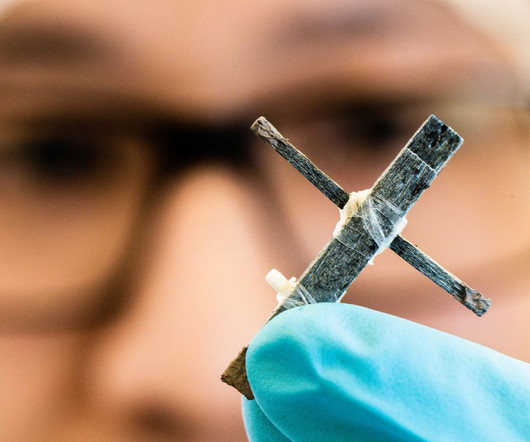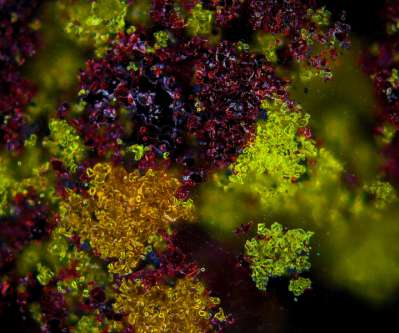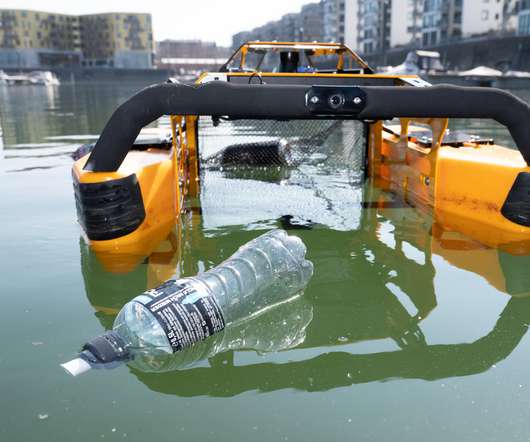Auburn University leads $2M DOE Co-Optima project to evaluate renewable butyl acetate as diesel fuel additive
Green Car Congress
OCTOBER 22, 2018
Auburn University researchers are leading a $2-million US Department of Energy Co-Optima project ( earlier post ) that will evaluate renewable butyl acetate (BA) as a bio-based fuel additive that can be blended with diesel fuel to reduce soot and greenhouse gas emissions and yield cleaner engine operation in cold-weather conditions.









































Let's personalize your content